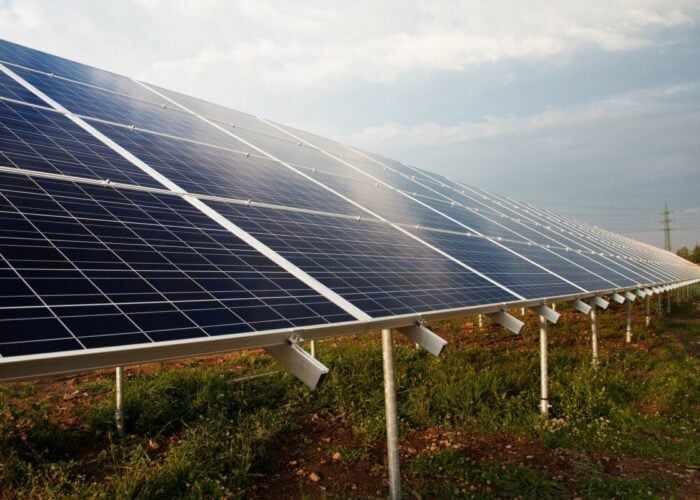One of India’s largest solar project developers, Welspun has said the anti-dumping measures go against the newly elected prime minister’s manifesto.
India published recommended anti-dumping duties on US, Chinese and Malaysian solar manufacturers, just days before the pro-solar leader of the Hindu nationalist party, the Bharatiya Janata Party (BJP), Narendra Modi was declared the new prime minister of the globe’s largest democracy.
Try Premium for just $1
- Full premium access for the first month at only $1
- Converts to an annual rate after 30 days unless cancelled
- Cancel anytime during the trial period
Premium Benefits
- Expert industry analysis and interviews
- Digital access to PV Tech Power journal
- Exclusive event discounts
Or get the full Premium subscription right away
Or continue reading this article for free
Anti-dumping duties “will be against the vision and spirit of the incumbent honorable prime minister of India who wants to focus on renewable energy as a growth driver and for climate change mitigation, consequently positioning India as a progressive nation globally,” Welspun told PV Tech in a statement.
Welspun predicts the anti-dumping measures could force 80% of module manufacturers importing cells to close – while helping in the short term a handful of companies, around 10% of module manufacturers importing silicon wafers, accounting for just 350MW of production, or 15% of demand.
Welspun also claims manufacturers are struggling with the current 375MW domestic content requirement (DCR), as part of the national solar mission, threatening solar power projects in the future due to a lack of capacity.
“Already 1GW has been stranded,” said Welspun, as state solar programmes are unable to source panels; meanwhile an impossible 700MW has been prioritised as DCR sourced for the next round of the national solar mission.
Imposing duties means overall that “achieving grid parity and making solar energy affordable can seriously be impeded,” Welspun told PV Tech.
The anti-dumping duty will raise the price of solar per kW “making it expensive and significantly shifting the focus from core areas like energy access, rural electrification and reduction of energy poverty”.
Not only this, but Welspun claimed the anti-dumping measures could prevent the 70% of solar jobs that are not in manufacturing, from continuing to be created, which it said could have a direct impact on national GDP.
The slow down in solar production will also create additional dependence on fossil fuels, impeding India’s climate change and renewables targets.
Decreasing access to clean electricity, job creation and India’s GDP, while increasing fossil fuel dependence and wavering climate change goals, goes against Modi’s election manifesto, especially the popular campaign pledge to bring electricity to every home in India.
Analysts Bridge to India spoke out last week, declaring that the anti-dumping measures would halt India’s solar industry for two years.
As an alternative, Welspun suggests Modi and the new government look to find other economic incentives and encourage foreign investment in India’s solar industry.






